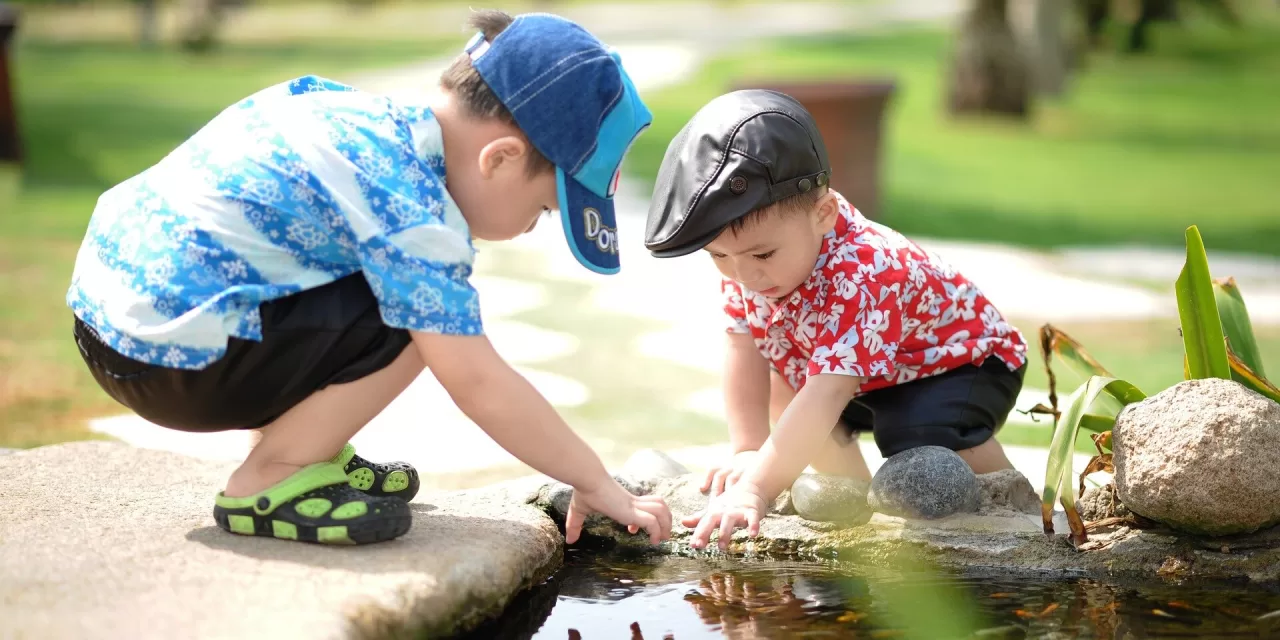For decades, the prevailing belief in Japan, known as the “Three-Year-Old Myth,” has suggested that children should be raised at home by their mothers until the age of 3 to ensure healthy development. However, new research from the Graduate School of Medicine at Tohoku University challenges this long-held notion, revealing that early childcare does not hinder development and may even provide benefits in key developmental areas.
The study, led by Dr. Keita Kanamori, a graduate student, and Professor Chiharu Ota from the Department of Development and Environmental Medicine, was published in Scientific Reports. Their research found that children who began attending childcare at 6 months old exhibited enhanced development by the age of 3 compared to those raised at home. These improvements were seen across five critical domains: communication, gross motor skills, fine motor skills, problem-solving, and personal-social skills.
The study analyzed data from approximately 40,000 participants within the Japan Environment and Children’s Study (JECS), a large-scale birth cohort study conducted by the government. This dataset, which followed 100,000 mother-child pairs between 2011 and 2014, provided insights into the impact of childcare environments on early development. Researchers noted that the most significant developmental advantages among children who attended childcare were in communication and personal-social skills.
Additionally, toddlers in early childcare demonstrated stronger motor skills, likely due to increased opportunities for physical play and social interaction. These findings provide evidence that early childcare can be a supportive environment that fosters developmental growth.
Despite the demonstrated benefits, the researchers emphasized that home-based child-rearing also offers advantages and that only a small percentage of children raised at home fell below standard developmental benchmarks. They hope their findings will help alleviate parental guilt and anxiety about choosing childcare over staying at home.
“Our key message is that both childcare facilities and home-based child-rearing are viable options, and families could choose what works best for them without guilt or anxiety,” said Professor Ota.
The research team plans to continue exploring the long-term effects of early childcare, including its influence on attachment formation and emotional development beyond the age of 3.
Disclaimer: This article is based on published research findings and does not constitute specific parenting advice. Every child’s development is unique, and parents should consider their individual circumstances when making childcare decisions.











